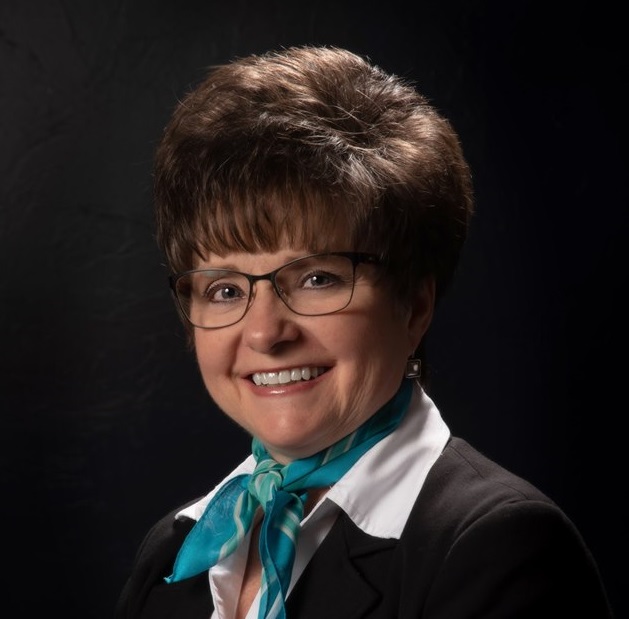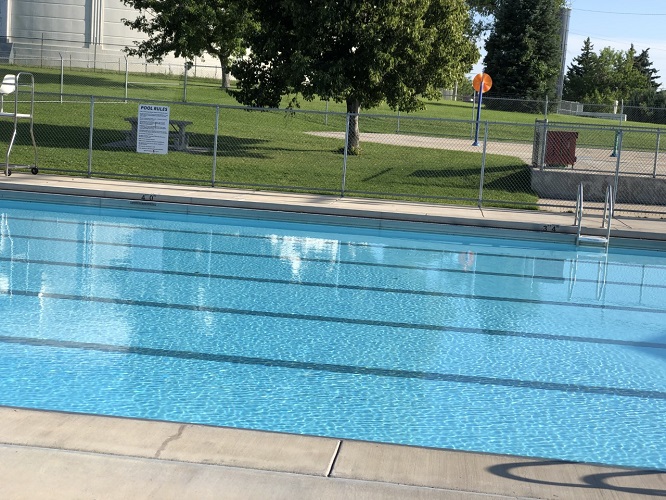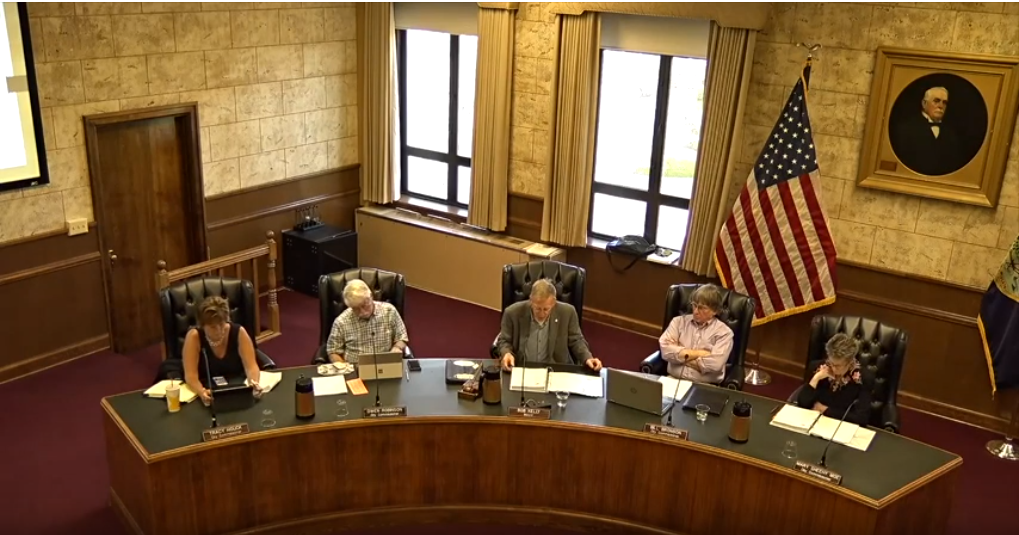_______________________________________________________________________ Editors note – last month we asked each of the six candidates running for the Great Falls city commission to submit a profile for publication (exactly as submitted and without editorial comment) including the reasons they are running and what they want to accomplish if elected. Kim Rodriguez, Terry Thompson, and Rick Tryon responded…
Author: ECB Staff
Kim Rodriguez, Candidate For Great Falls City Commission
_______________________________________________________________________ Editors note – last month we asked each of the six candidates running for the Great Falls city commission to submit a profile for publication (exactly as submitted and without editorial comment) including the reasons they are running and what they want to accomplish if elected. Kim Rodriguez, Terry Thompson, and Rick Tryon responded…
Great Falls Veterans Stand Down To Honor Gold Star Families
_______________________________________________________________________ Here is the press release from Vets 4 Vets Stand Down for their upcoming event. E-City Beat supports our vets and Gold Star Families. For Immediate Release: Our VETS4VETS Group in Great Falls, Montana will be holding our Stand Down on September 5th and 6th. Location for this event will be at the Great…
Swimming Pool Closures
_______________________________________________________________________ E-City Beat received the following hand written letter yesterday which has been edited for clarity. Kids high and dry “The Care of Human Life and Happiness, and not their destruction is the only legitimate object of good government.” — Thomas Jefferson. Our Great Falls neighborhood swimming pools, Jaycee and Water Tower, were closed for…
2019 State Fair Numbers Are In
According to a press release from Kim Lander at Montana Expo Park concerning the state fair, “…was a strong year with revenues in excess of $1,670,000.” Here’s a recap from the press release: “The Food Concessionaires grossed $725,788 a slight dip of 1.09% from 2018. The Food Concessionaires busiest day was the first Saturday of…
Tryon Well Ahead In Campaign Donations
_______________________________________________________________________ Tuesday, August 6th was the deadline for Great Falls city commission candidates to file their campaign donation and expenditure reports, C-5’s, with the Montana Commissioner of Political Practices. The reports cover the first reporting period through August 1st. So far, Rick Tryon has far outpaced the other candidates in total money raised and in…
Are You Registered To Vote, Great Falls?
_______________________________________________________________________ We took notice of this handy app, linked below, offered up by the Montana Secretary of State. It’s an easy way for Great Falls voters to check their current voter registration status. Click here to see if you’re registered to vote. The next opportunity for Great Falls residents to vote will be a Great…
Is Big Sky Cheese First Step To Slaughterhouse, Or Badly Needed Development?
_______________________________________________________________________ On Monday we received an email with the following letter from GFDA President/CEO Brett Doney to the Cascade County Zoning Board of Adjustment attached. The letter is concerning the permit application for the proposed Big Sky Cheese plant which the ZBOA will be considering this coming Thursday, June 27th. You can also view and…
“Gag me”, Local United Way Coordinator Says About GOP Candidates
_______________________________________________________________________ We applaud and appreciate the great work United Way of Cascade County does for our community yearly in raising money for important local organizations and causes. Kudos to them, their work is vital. But we have to wonder why one of their top paid employees, Volunteer Program Coordinator Lynette Scriver-Colburn, would jeopardize opportunities to…
Great Falls City Commissioners Emails Made Public
_______________________________________________________________________ Last week a concerned citizen sent us an email he/she sent to each Great Falls city commissioner concerning the secret meetings going on between two commissioners, Moe and Robinson, and the MaClean Animal Foundation. These negotiations continue to be conducted secretly in order to intentionally exclude public scrutiny and input. Four commissioners responded to…











